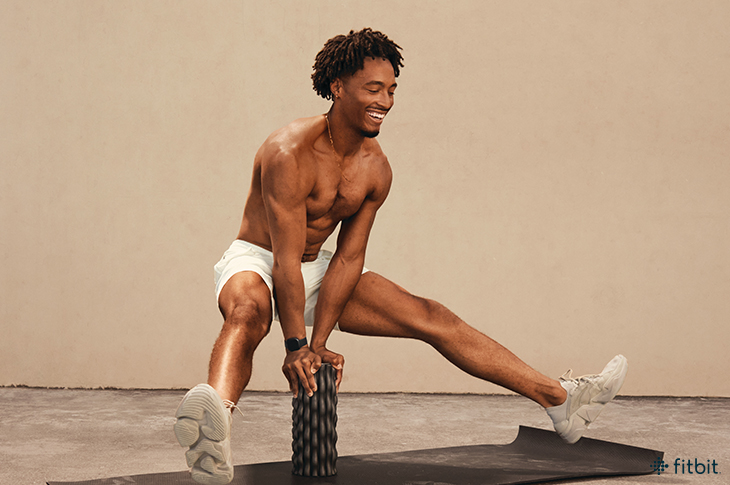Nobody needs to tell you that powerful muscles help you spin faster, run farther, or plank longer. But your muscles do way more than keep you quick and fit. For example, your heart is made from muscle tissue, which may explain why stronger people have better heart health. As it turns out, that’s just the beginning. According to the latest research, healthy muscles do good things for your body and your brain.
Mental muscle is real
Your muscles are the biggest organ in your body, comprising roughly 40 percent of your total weight. Now, we’re learning that they may also keep your mind sharp. A new JAMA Network Open study of 8,279 people, ages 45 to 85, found that those with low muscle mass were more likely to experience declining executive function. If you’ve never heard of executive function, it’s the ability to pay attention, problem-solve, and make decisions. So when it falters, planning, motivating, and organizing basic activities like paying the bills or grocery shopping can become challenging.
Where does muscle come in? “Although we often think of our muscles as useful for movement, they also have the ability to secrete substances known as myokines,” explains Anne-Julie Tessier, RD, PhD, a research fellow at the Harvard T.H. Chan School of Public Health and lead author of the study. “Some of these can travel to the brain and influence it.” That may not be the only way muscle keeps you quick-witted. “It’s also possible that people with higher muscle mass exercise more and have better blood flow through the body including the brain,” adds Tessier.
Muscle has other surprising health perks too. Here are 5 additional ways your muscles take good care of you, plus tips to keep them happy and healthy.
A speedier metabolism. Muscles require a lot of energy, even at rest. That’s why someone who’s ripped burns more calories than a similar-sized person who’s not as built. If you’d like to rev up your calorie burn, hit the weights. According to a European Journal of Clinical Nutrition study, 9 months of resistance training may boost a person’s resting metabolic rate by roughly 5 percent.
Improve blood sugar. Your muscles are constantly gobbling up glucose from the bloodstream for fuel. The result? “Maintaining a healthy muscle mass can improve blood sugar control and reduce the risk of developing diabetes,” says Wesley McWhorter, MS, RDN, DrPh, CSCS, a spokesperson for the Academy of Nutrition and Dietetics and a certified strength and conditioning specialist. “And the more active we are, the more sensitive muscles become to our insulin, which means you need less insulin to lower your blood sugar.”
Sturdier bones. What does size have to do with bone health? “The principle of resistance applies here,” says McWhorter. “As you build muscle, it creates pressure on the bones, and in turn, the bones grow stronger.” You probably already know that calcium can help your bones thrive. But to harness the bone-strengthening powers of muscle, they need protein too. A good daily goal is 0.4 to 0.7 grams of protein for every pound you weigh.
Quicker recovery from sickness or surgery. When you’re going under the knife or battling a chronic illness or injury, your muscles may be the last thing on your mind. However, bulking up may help you bounce back faster. For example, trauma patients with low muscle mass may be 9 times more likely to succumb to their injuries than trauma patients with the most muscle tissue.
A ripe old age. Big biceps might look impressive, but strong ones may help you live longer. In one recent study of 4,449 adults over 50, people with the weakest muscles were more than twice as likely to die from any cause than those with the most muscle power. If you’re nowhere near 50, that may not seem all that relevant. But after age 30, we start shedding 3 to 5 percent of our muscle mass per decade. So, it’s never too early to start building your reservoir!
What else can you do to build more brawn? Move as much as possible, in as many ways as you can, both in the gym and out. Gardening, dancing, swimming—they all count, says McWhorter. “In the end, the most important thing is to move frequently and consistently,” he says.
The post The Hidden Health Benefits of Muscle appeared first on Fitbit Blog.
